Nevada Regulators Consider Rule Changes After Sports-Betting Fraud Allegations
Nevada regulators are considering updates to sports-betting rules after federal fraud allegations exposed schemes tied to player underperformance.
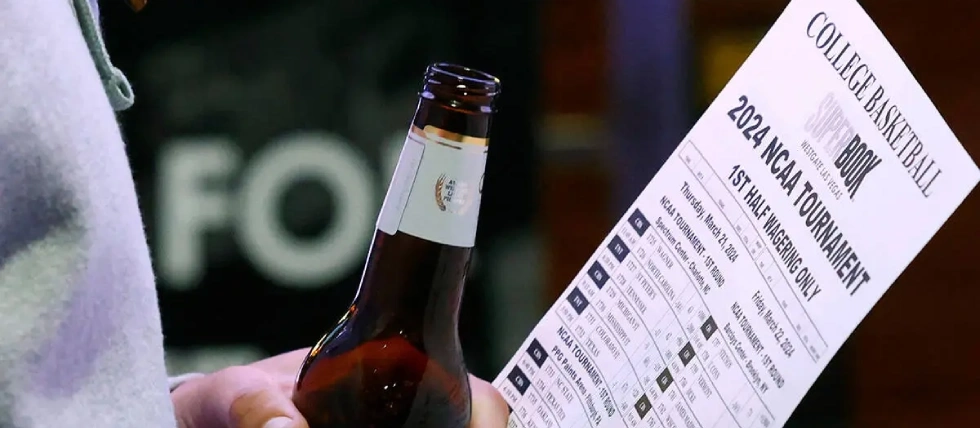
The Nevada Gaming Control Board used two recent sportsbook licensing hearings to press operators for ideas on preventing cheating tied to athletes deliberately underperforming or withholding information about injuries. The move follows a Justice Department indictment in October that charged 31 people in what prosecutors described as an ‘‘insider trading’’ scheme that exploited advance knowledge of injuries and players sitting out games to place profitable wagers.
Related: Nevada's War on Illegal Online Gaming Gains Momentum
Licensing Decisions Spotlight Integrity Concerns
At a Carson City meeting, board members recommended conditional approval for two sportsbook licensing requests while probing how each operator would detect and deter suspicious activity. The first recommendation was for Boomer’s Sportsbook to run a betting operation at the Ojos Locos Sports Cantina & Casino in North Las Vegas; the second approved the transfer of William Hill’s Betfred operations at Virgin River Casino in Mesquite to Caesars Digital’s William Hill unit.
Joe Asher, president and CEO of Boomer’s Sportsbook, told regulators an outright ban on proposition (prop) bets would be counterproductive, arguing it would drive action into unregulated markets. ‘‘When you read in the press about outlawing prop betting, I think that’s a negative, because that just pushes people into the black market or the unregulated market’’, Asher said. He added that consistency across operators and jurisdictions is key, so no single book gains an unfair advantage by offering different prop markets.
Dan Shapiro, chief development officer of Caesars Digital, said William Hill has established procedures for flagging suspect betting patterns and routinely notifies the Control Board when anomalies appear. He pointed to a recent instance in which William Hill refunded bets tied to suspicious activity on a Las Vegas UFC featherweight bout between Isaac Dulgarian and Yadier del Valle, underscoring that operators are already monitoring for integrity threats.
The board voted unanimously to recommend both license applications to the Nevada Gaming Commission, despite concerns voiced by board member George Assad about William Hill’s large footprint of roughly 100 books statewide. Boomer’s received conditional approval requiring an appearance before the board in two years after investigators found unsatisfactory accounting records at the Ojos Locos location; the company faces no immediate restrictions on operating the book.
Both licenses will be considered for final approval by the Nevada Gaming Commission on Nov. 20. If ratified, both operators aim to begin taking wagers on Nov. 21, in time for the Formula One Las Vegas Grand Prix.
The Control Board also recommended key-employee licenses for several executives tied to Station Casinos and Red Rock Resorts, including Bobbie Sue Rihel, who would oversee multiple Wildfire properties, as well as Jeffrey Welch and Stephen Cootey connected to The Den LV acquisition and conversion into a Seventy Six-branded tavern.
More Regulation News
Next Steps Toward Tighter Betting Integrity
Industry and regulatory observers say Nevada could pursue targeted rule changes rather than blanket bans. Potential measures include standardized limits or disclosures for proposition markets, mandatory suspicious-activity reporting tied specifically to player availability or performance, mandatory cooling-off periods before prop markets open, and stronger data-sharing agreements with leagues and federal investigators.
‘‘A ban doesn’t eliminate demand – it simply hides it from oversight’,’ said Peter Sullivan, a sports-betting integrity consultant with two decades of experience advising operators and regulators. ‘‘What Nevada needs is harmonized rules that force consistency across books, robust monitoring systems at the operator level, and formal channels with law enforcement so suspicious intel is acted on immediately.’’
Academic research and recent enforcement actions suggest integrity risks are highest in low-liquidity prop markets tied to individual player stats. ‘‘Smaller markets are easier to manipulate because a few well-timed wagers can move lines and payoffs dramatically’’, said Dr. Laura Kim, a researcher who studies betting markets. ‘‘Regulators should prioritize transparency around market opening times, limit sizes, and require sportsbooks to document unusual communications or injury disclosures from players and team staff.’’
Nevada’s next formal step will be when the Gaming Commission votes on Nov. 20, but the Control Board’s questions signal a broader willingness among state regulators to refine rules intended to protect consumers, the integrity of contests, and the industry’s legal operators.
RELATED TOPICS: Regulation
Most Read
BETBY Launches Always-On Virtual American Football and Expanded Bet Builder Markets
Feb 04, 2026Must Read
 Interviews
Interviews
Exclusive Interview: Levon Nikoghosyan Shares AffPapa Winning Formula for Successful iGaming Events
Dec 03, 2025 Interviews
Interviews

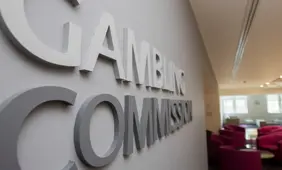

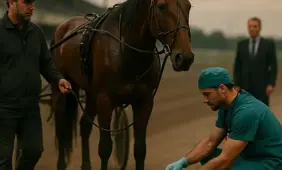
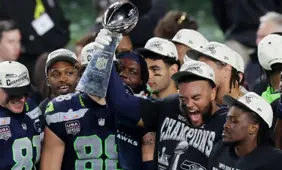


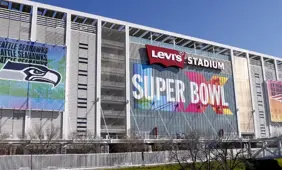
Review this New Post
Leave a Comment
User Comments
Comments for Nevada Regulators Consider Rule Changes After Sports-Betting Fraud Allegations